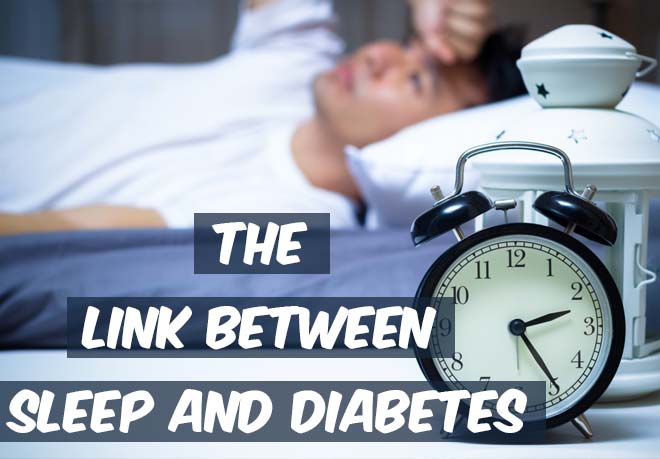Sleep can affect your blood sugar levels and your blood glucose control can also affect your sleep, which results in trouble sleeping.
Difficulty getting a good night’s rest could be a result of a number of reasons, from hypos at night, to high blood sugars, sleep apnea, being overweight or signs of neuropathy.
If you have blood sugar levels that are either too high or too low overnight, you may find yourself tired through the next day.
Lethargy and insomnia can both have their roots in blood sugar control and can be a key in re-establishing a healthy sleep pattern..
Getting a good night’s sleep
The following may help to promote better sleep:
- Keep your blood glucose under control
- Ensure your bed is large and comfortable enough – and pillows at a comfortable height
- Ensure your room is cool (around 18 degrees celcius) and well ventilated
- Ensure your room is dark and free from noise – if this is not possible, you may benefit from a sleeping blindfold or ear plugs
- Incorporating a period of exercise into each day
- Stick to a regular bed time
Can a lack of sleep be a cause of diabetes?
Research has shown that sleep deprivation and insulin resistance may be linked.
People who regularly lack sleep are will feel more tired through the day and more likely to eat comfort foods.
A good night’s sleep is important for our hormones to regulate a large number of the body’s processes, such as appetite, weight control and the immune system.
Trouble sleeping from high sugar levels
High blood sugar levels can impact upon your sleep. It could be that the high levels make it less comfortable for you to sleep – it may make you feel too warm or irritable and unsettled.
Another factor is if you need to go the toilet during the night. For people with regularly high blood sugar levels this can have a pronounced impact on your ability to get a good night’s sleep. If this is the case, be sure to mention this to your health team.
Obstructive sleep apnea (OSA) and diabetes
Obstructive sleep apnea affects people’s ability to breathe during sleep. It is most common in people who are 35-54 and particularly in people who are overweight, as this can have an impact on their ability to breathe adequately at night.
What should you do?
Firstly, find out if you do or don’t have Sleep Problem. The best way to do this, is to take an appropriate sleep test and talking to a Sleep Doctor about your results.

